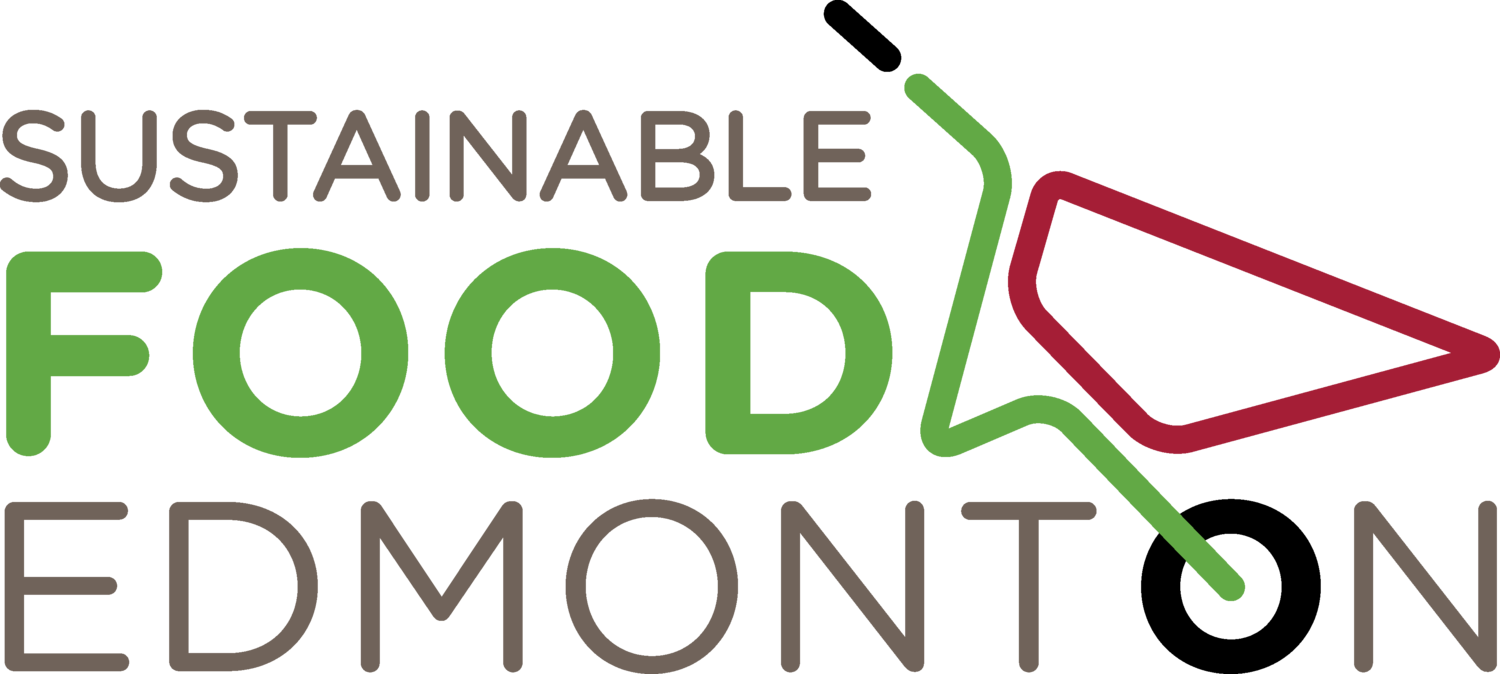A Bee in My Bonnet
Bees are very important for the pollination of many plants, including fruit, berries, vegetables and other crops. Some of our Little Green Thumbs indoor garden classes learned about bees and honey production from beekeeper and educator Patty Milligan.
The students explored different stations where they had an opportunity to touch, see and smell objects related to beekeeping. There was a bee box with frames of comb and queen boxes to explore. The children had fun putting on a hat and veil, then pump the bellows of the smoker that’s used to calm the bees.
With gleeful smiles, a couple of students rubbed their hands in a box with dried pollen, only to realize that the yellow powder was stuck until they got permission to go wash it off. There was also a box with propolis, a special compound bees collect from tree buds to fill cracks in the hive and sanitize the interior of their home.
The students had many interesting questions about the life of bees and what it’s like to be a beekeeper. Some of the questions were: “What do the drones do? How long does the queen live? Why are bees important? Do they die after they sting?”
In a time when both wild and domesticated bees are suffering from population decline due to habitat loss and pollution, learning about their life and role in food production is timely for our young gardeners.
Patty enjoys sharing her expertise with school groups and can be reached through her facebook page
Claudia Bolli, Little Green Thumbs, Sustainable Food Edmonton





